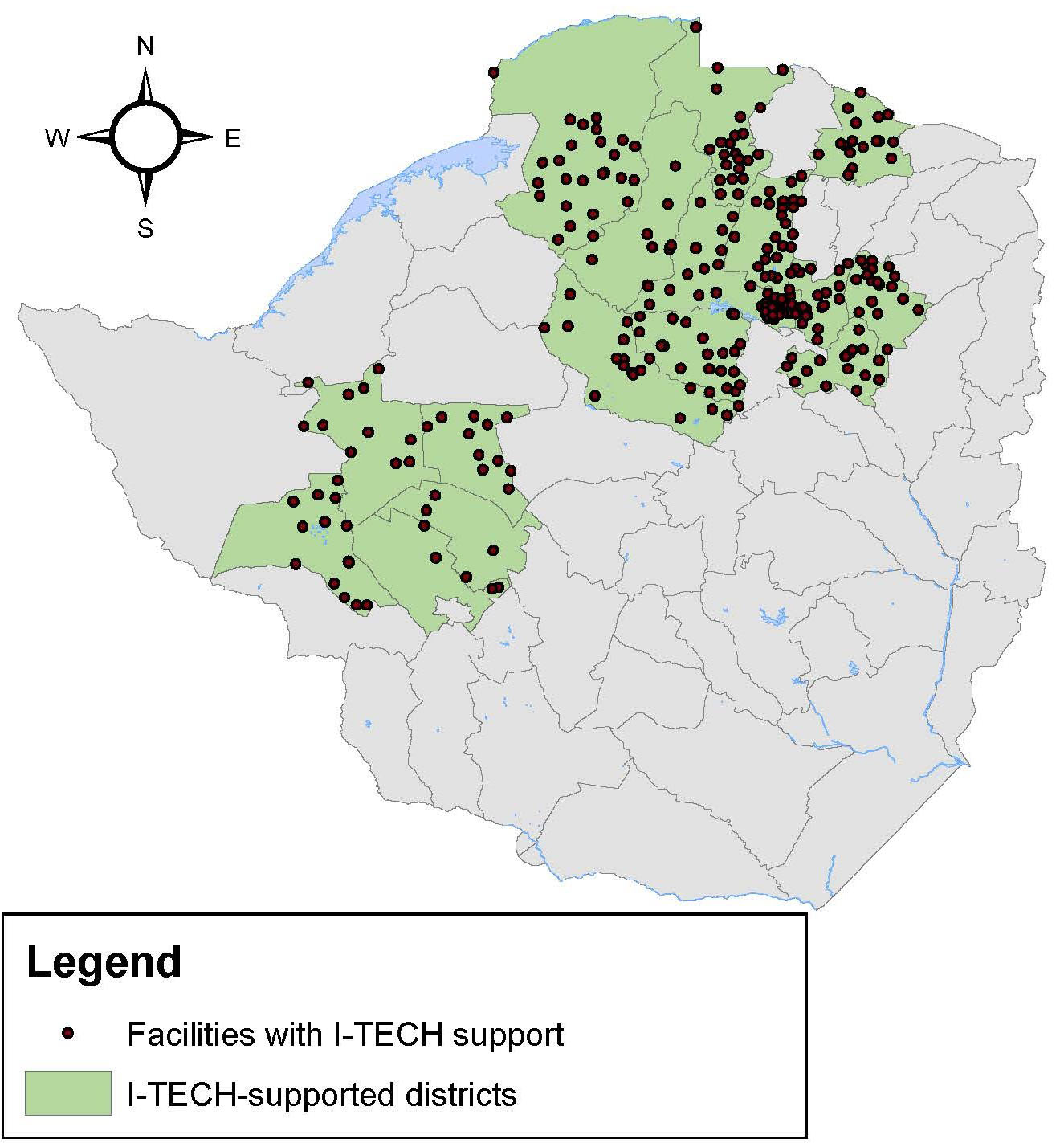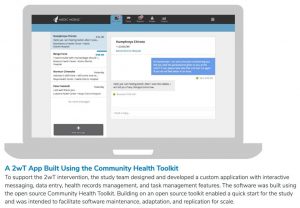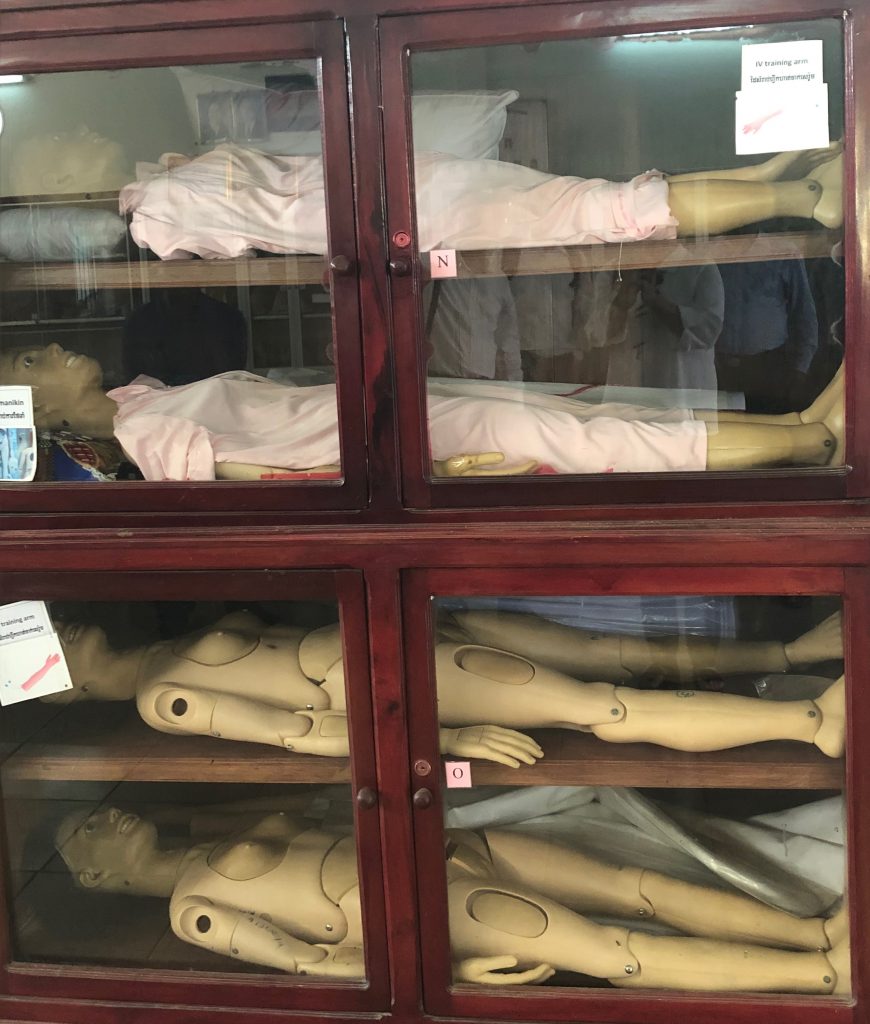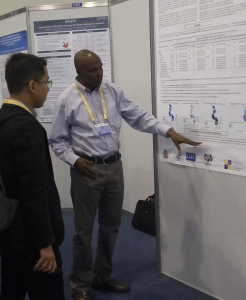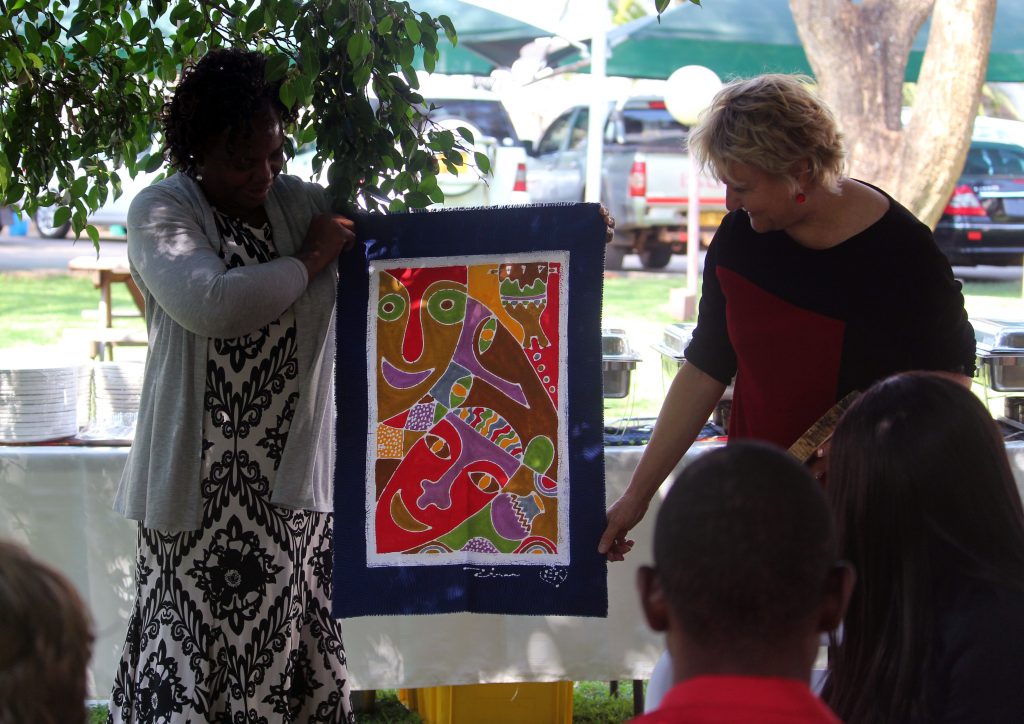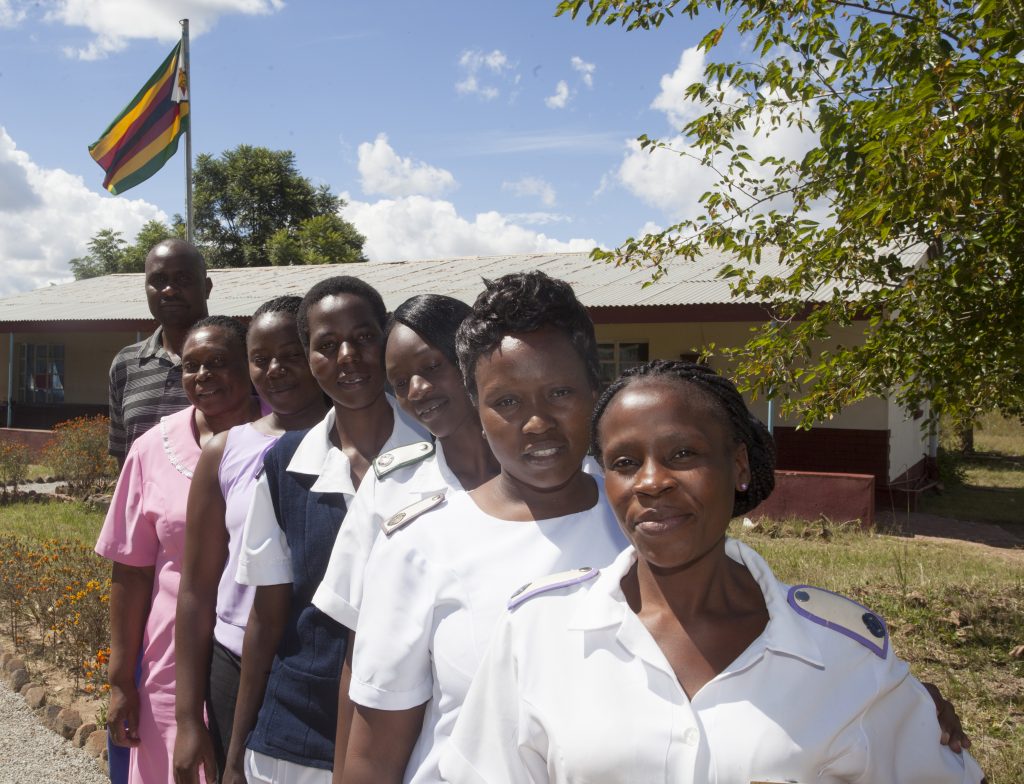
The International Training and Education Center for Health (I-TECH) has transitioned another office to an autonomous entity. The Zimbabwe Technical Assistance, Training and Education Center for Health (Zim-TTECH) was officially launched on April 1, 2020, as a locally registered health trust. Zim-TTECH is the administrative and managing partner for the two existing I-TECH CDC/PEPFAR funded grants in Zimbabwe, each grant having a consortium of local partners:
- ZimPAAC (Zimbabwe Partnership to Accelerate AIDS Control) is a partnership between Zim-TTECH, Africaid, Pangaea Zimbabwe AIDS Trust, and I-TECH. ZimPAAC collaborates with the Ministry of Health and Child Care (MoHCC) on context-appropriate health interventions to improve access to, as well as strengthen the quality of HIV prevention, treatment, care, and support services. ZimPAAC provides services at 373 facilities in 17 districts.
- ZAZIC is a partnership between Zim-TTECH, I-TECH, and two local implementing partners—Zimbabwe Association of Church Related Hospitals (ZACH) and Zimbabwe Community Health Intervention Research Project (ZiCHIRe). ZAZIC supports voluntary medical male circumcision (VMMC) services at 38 static facilities in 13 districts.
“The transition from an I-TECH country office to a fully fledged independent local organization is exciting,” states Dr. Batsirai Makunike-Chikwinya, Zim-TTECH’s Executive Director. “Zim-TTECH is committed to continue to provide high-quality support to the MoHCC and to the health sector as a whole. Special thanks go to management and staff of both I-TECH/UW [University of Washington] and UZCHS-CTRC [University of Zimbabwe College of Health Sciences Clinical Trials Research Centre], who played pivotal roles during this transition.”
I-TECH has worked in Zimbabwe since 2003, collaborating with the MoHCC and other partners to improve clinical services and strengthen health systems. “It is a pleasure to support the launch of Zim-TTECH, which is the right next step toward country ownership and, importantly, recognizes the high level of skill and professionalism of the prior I-TECH country office and now Zim-TTECH team,” remarks Dr. Scott Barnhart.
